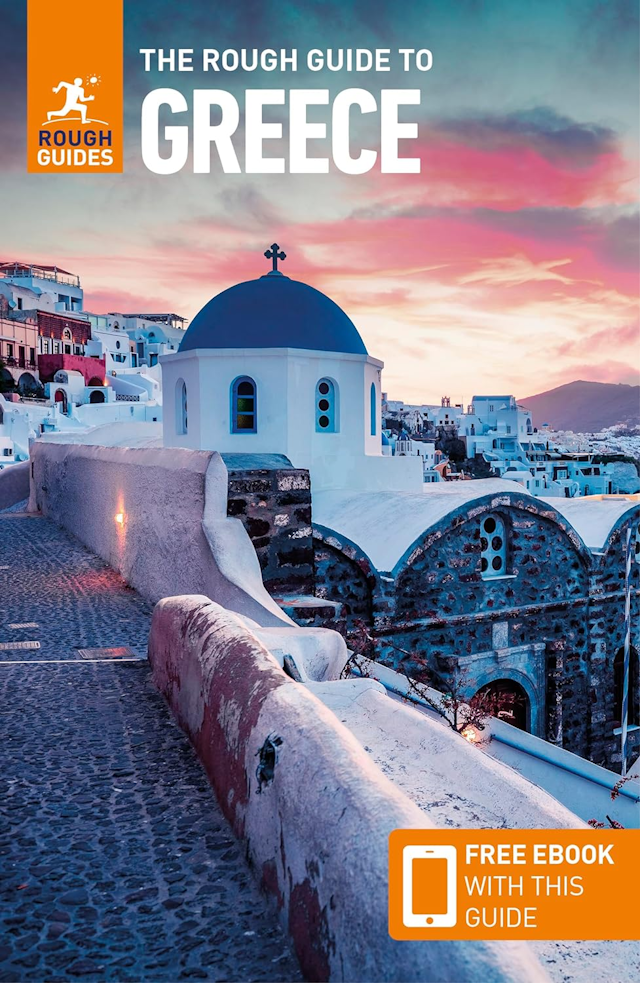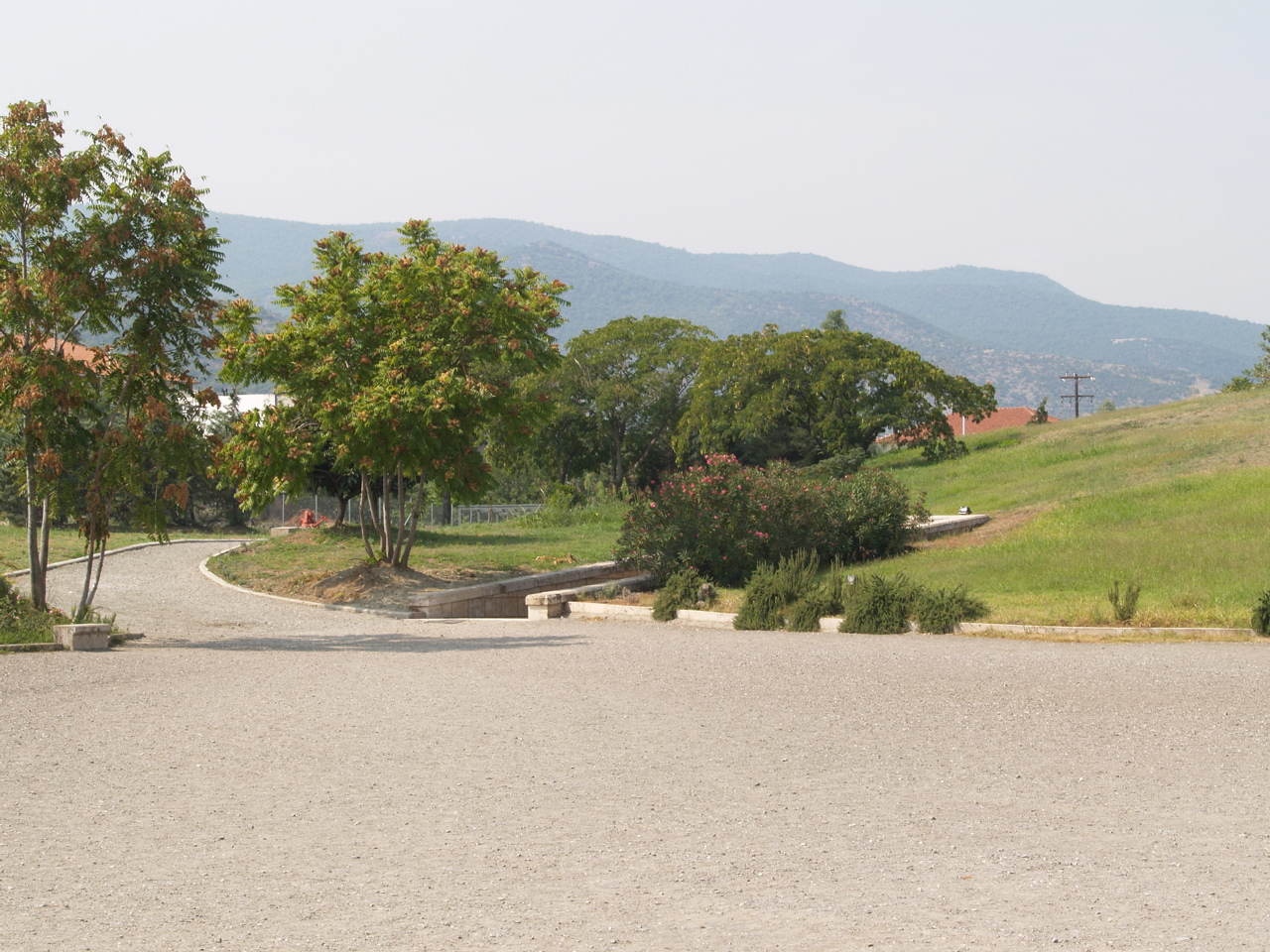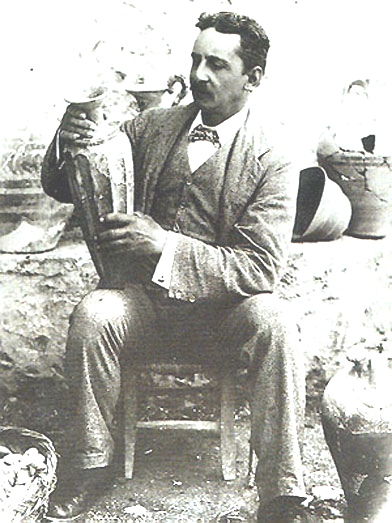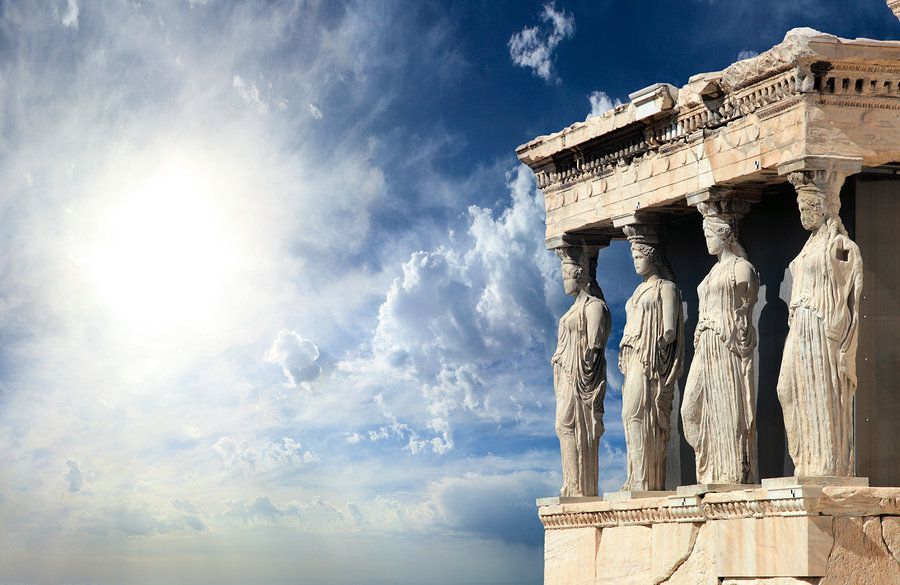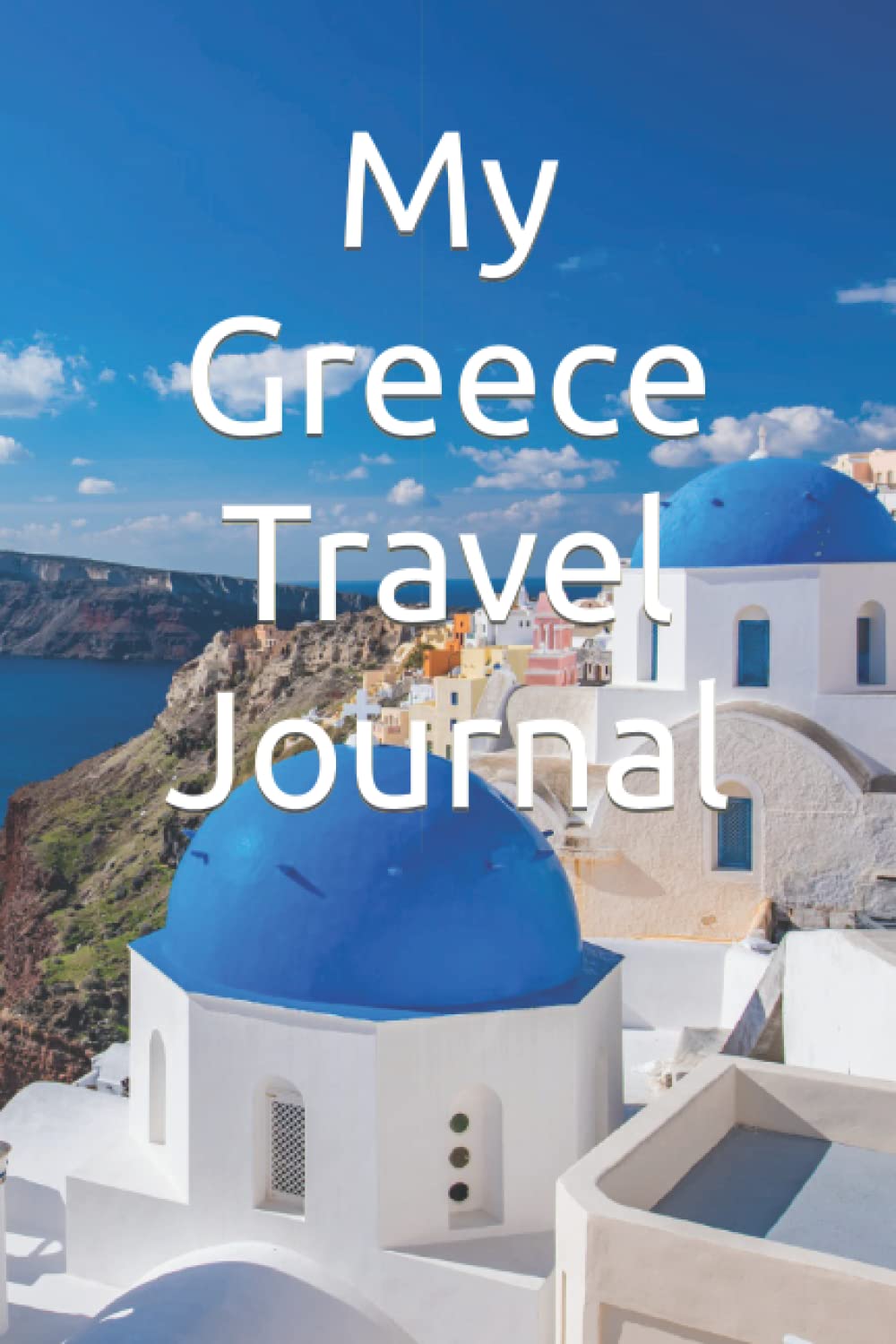- HOME
- Peloponnese
- Mycenae
- Heinrich Schliemann
Heinrich Schliemann
Heinrich Schliemann was a German archaeologist who explored sites connected with the writings of Homer, including Troy, Mycenae, and Ithaca, and made some extraordinary finds even if they weren't always what he thought they were.
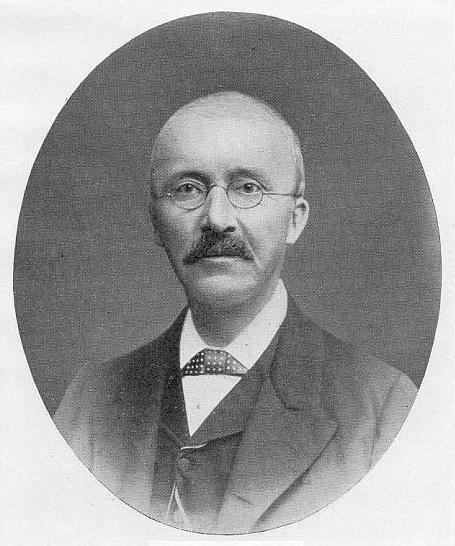 Heinrich Schliemann
Heinrich SchliemannGerman-born archaeologist Heinrich Schliemann (1822-1890) devoted his life to pursuing the treasures hidden in the Greek earth. If at times he let his theories override the evidence, he was still a great enthusiast who discovered many of Greece's finest ancient treasures - even if they were not always exactly what he believed them to be.
Schliemann was an intriguing man. After making his business fortune partly as a military contractor in Germany, Holland, and Russia during the Crimean War, he became a US citizen while living in California in the 1850s. He then moved to Greece at the age of 46 to devote the rest of his life to archaeology.
Heinrich Schliemann and Homer
More specifically, he had been fascinated since childhood with the works of Homer, and their mingling of myth and history. Did such places as Troy and the Palace of Odysseus really exist? Schliemann resolved to find out, even though his formal education had ended at the age of 14.
Heinrich Schliemann at Troy
He began by looking for Troy, scene of Homer's Iliad. In 1870 he began digging at Hisarlik, close to the Turkish Aegean coast, which he had identified as the probable location of the city. He found evidence of several cities having existed on the site, and declared that the second earliest of them, where there were traces of burning, was Homer's Troy.
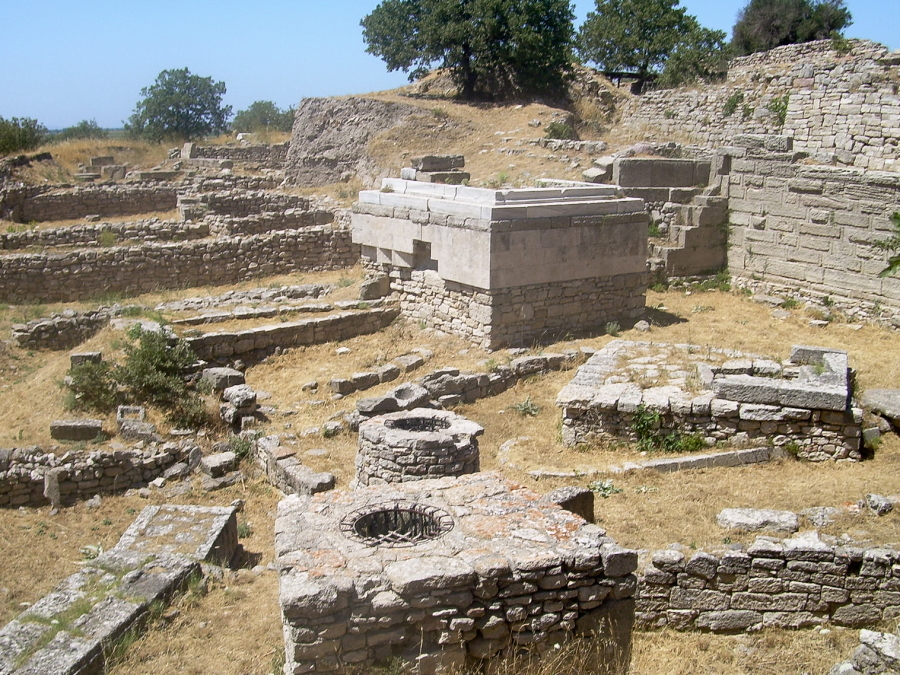 Hisarlik
HisarlikIt is now known that if, in fact, Troy was located there, it was one of the later levels that Schliemann had already dug through and destroyed in the process of excavation. Whatever the truth of the find - it has never been established for sure, and probably never can be - Schliemann certainly uncovered an important historical site.
Mycenae
In 1874 he moved from Troy to explore at Mycenae. He was seeking the tombs of the ancient Mycenaean kings and was determined to find the tomb of Agamemnon, to prove that this character actually existed. Schliemann uncovered a stunning golden burial mask and confidently announced to the King of Greece in a famous telegram: 'I have gazed upon the face of Agamemnon.'
 The Golden Mask, but not Agamemnon
The Golden Mask, but not AgamemnonLater dating established that it could not have been Agamemnon, even if the king had been a historical rather than legendary character. It was dated from the 16th century BC, so was too old to be that particular king. Schliemann never let the opinions or evidence of experts divert him from his own strongly-held views.
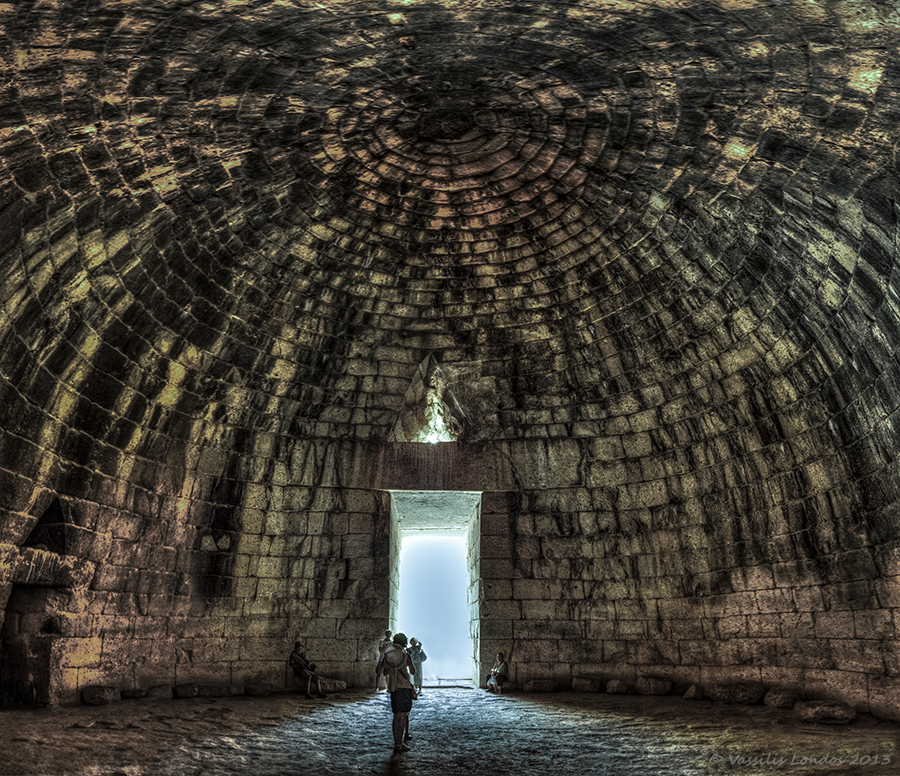 Beehive Tomb at Mycenae
Beehive Tomb at MycenaeHeinrich Schliemann and Ithaca
It was inevitable that Schliemann would move on to Ithaca, to look for historical evidence of the existence of Odysseus and his palace, and other sites described in Homer's Odyssey. It was equally inevitable that he would find something that he would identify as those sites, but again there is still no absolute proof that he was right.
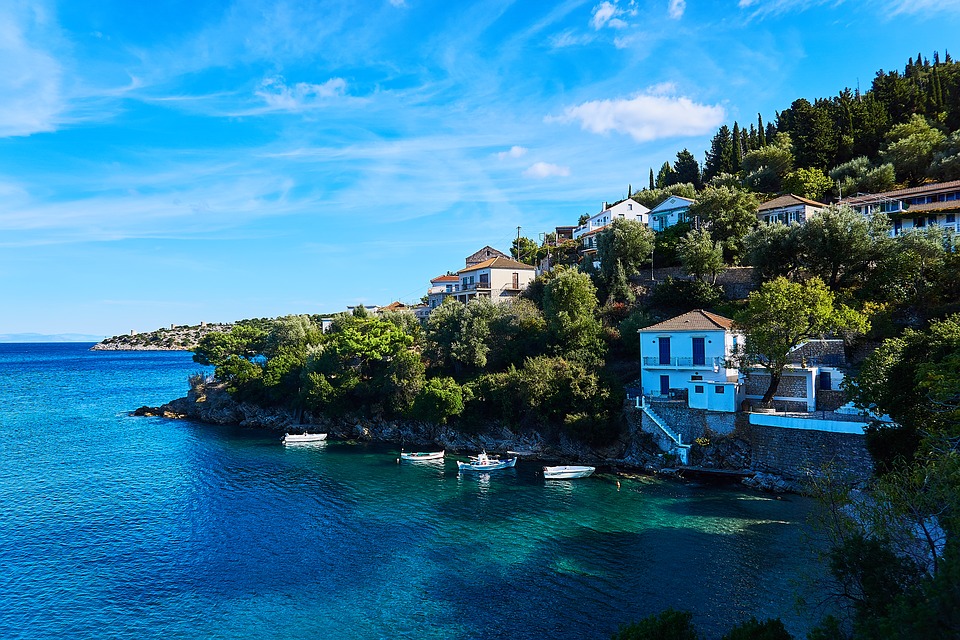 Ithaca
IthacaHe did further important work at Tiryns, near Mycenae, and had also hoped to excavate at Knossos on Crete, another location mentioned by Homer, but he could not agree to the price being asked for access to the land.
Despite his great knowledge and enthusiasm, Schliemann was perceived by other archaeologists as an amateur and an upstart. Nevertheless it cannot be denied that he uncovered large and significant sites that other archaeologists had missed.
Latest Posts
-
Explore Vikos Gorge: Hiking, Rafting, and Food in Zagori
One of the most impressive canyons in Europe and one of Greece’s favorite mountain destinations, Vikos Gorge invites hikers and food lovers alike. -
Lefkada: The First Ancient Theater of the Ionian Islands Comes to Light
The first ancient theater ever discovered in the Ionian Islands is located in the heart of the ancient city of Lefkada, established before the end of the 7th century BC. -
5 Epic Island Hikes in Greece for Spring Explorers
This spring, five majestic peaks across Greece’s islands invite us to lace up our boots and discover a wilder side of island life. -
Greek Ferry Services to Halt on May 1 Due to Labor Strike
Ferries in Greece will remain docked for 24 hours on Thursday, May 1, as the Pan-Hellenic Seamen’s Federation (PNO) joins Labor Day mobilizations announced by the General Confederation of Greek Labor… -
Sifnos: Greece’s Hidden Culinary Star on the Rise
Sifnos, a Cycladic island, is gaining fame for its rich culinary heritage, especially the beloved melopita honey-cheese tart. -
Easter in the Mystical Castle of Monemvasia
In the castle town of Monemvasia, with its dramatic medieval backdrop and sea views, Easter is a deeply spiritual and atmospheric experience. -
Easter in Leonidio: A Tapestry of Light, Culture and Cliffs
In Leonidio, Easter comes alive with handmade hot air balloons in the sky and lanterns made from bitter oranges in the streets. -
The Lesser-Known Traditions of Greek Easter
Step off the beaten path this spring and discover the enchanting — and often surprising — Easter traditions found across Greece. -
April 9 Strike in Greece to Impact Public Transport, Ferries and Air Travel
Transportation and travel across Greece will face disruptions on Wednesday, April 9, as public transport, ferry and aviation workers join a nationwide strike called by Greek labor unions. -
Ancient Theater of Lefkada Brought Fully to Light Following Systematic Excavation
The Greek Culture Ministry has announced that the first ancient theater ever identified in the Ionian Islands has recently been brought fully to light on Lefkada, revealing an impressive monument that…
